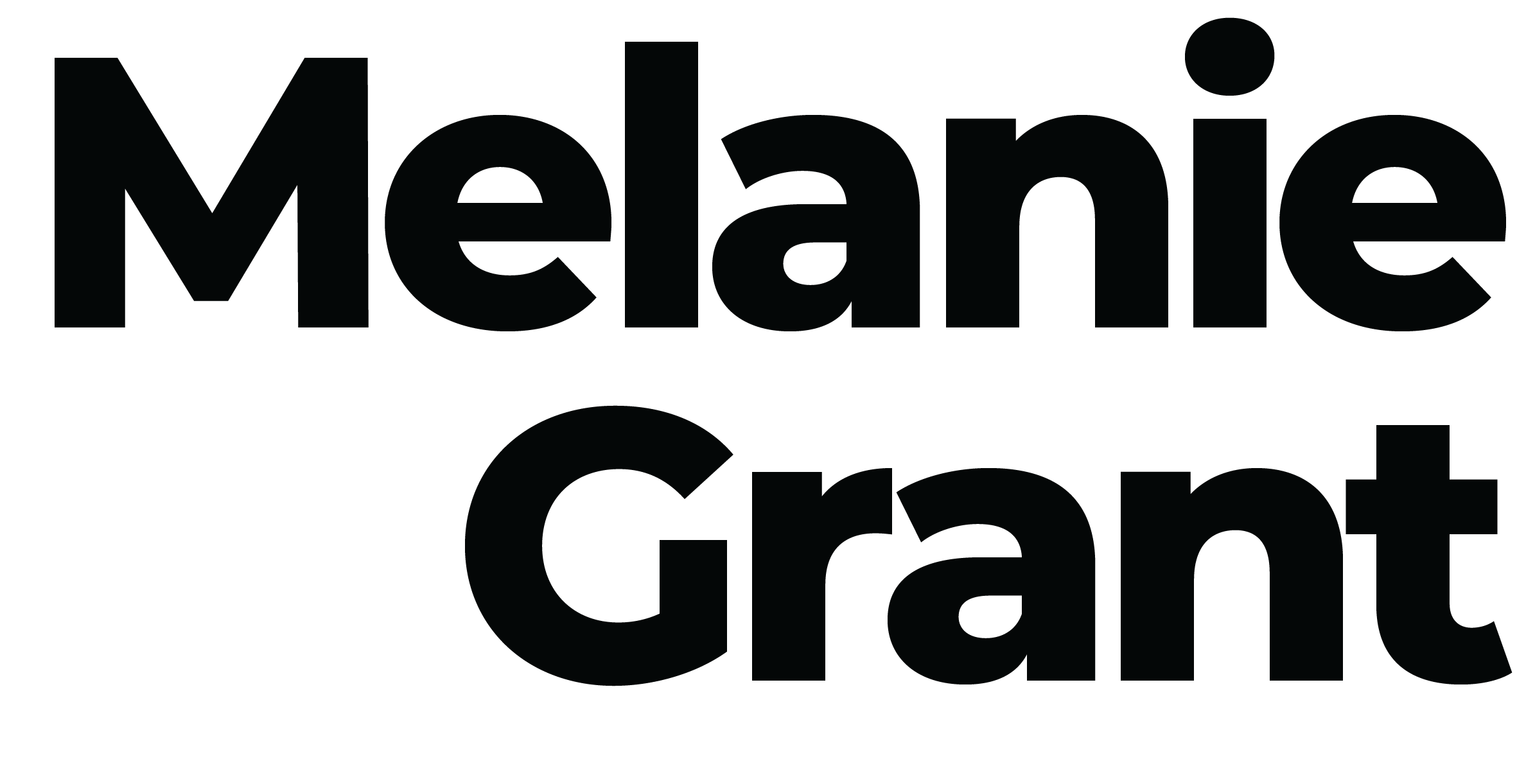If you’re time-poor, tired, or prefer a less-is-more approach to home treatments, masking is your go-to. Masking is a great way to infuse the skin with vital nutrients with very little effort. I often like to apply a cream mask before soaking in the bath, or while I’m catching up on emails before a video meeting. Take a moment to focus on what your skin needs, then from there you can mix and match formulas, or make your own with pantry staples like Manuka honey or yoghurt. Try for once weekly, and anything extra is an added bonus.
Ideally used once or twice weekly, masks are a great way to boost your complexion, elevate your existing regime and offer both the stress-relieving and result-driven benefits of professional treatments in the comfort of your own home. Whether you’re looking to decongest, brighten, hydrate, tone or soothe, there’s a formula for every concern imaginable. Masks have become such a mainstay of the modern skincare vernacular. New innovations mean they are offered in a variety of incarnations, from clay to cryo, collagen to cream. These are a few of my favourite varieties.
Clay (or mud)
Clay draws out toxins from the skin, making clay-based masks incredibly effective at removing impurities and unclogging pores. This makes them particularly useful for congested or acne-prone skin, either as a full face mask, blended with gel-based formulas or as a spot treatment. Two common kinds of clay you’ll find in face masks are bentonite and kaolin.
Cream
A face mask classic, cream-based formulas are often housed in a tube or jar and applied with a mask brush or massaged into the skin. They are deeply hydrating, often rich in essential fatty acids, ceramides and a host of other emollient ingredients. Depending on your formula, you can often tissue off the excess and let these actives continue to work overnight.
Gel
Coupled with soothing benefits, gel-based masks are often water-based and can offer immediate and lasting relief for dry or irritated skin. Storing them in the fridge enhances these anti-inflammatory properties, helping them to depuff, cool, tone and tighten. Many at-home exfoliating treatments are formulated in a gel base for ease of use, making in-clinic chemical peels a gentler, more palatable home experience. Mild acids and enzymes (such as glycolic acid, lactic acid, malic acid and salicylic acid) delicately resurface the skin, promote circulation, refine, brighten and enhance the absorption of the products that follow.
Leave-on
Leave-on masks are perfect for long-haul flights or when spending extended periods in central air conditioning. This gives actives the optimal amount of time to absorb into the skin. Using a leave-on mask in place of your night cream for a deeply restorative treatment can not only save you time but uplift your complexion, especially if your concerns include dryness, devitalisation and laxity.
LED
LED masks emit visible wavelengths of light that penetrate into the skin to reduce inflammation, regulate oil production and stimulate skin cell repair and collagen synthesis. This is a relaxing treatment with no downtime that can help with a variety of concerns from rosacea to congestion, dullness to ageing.
Sheet
Sheet masks are loaded with active ingredients that are easily absorbed due both to their low molecular weight and the cocooning nature in which they are infused. Sheets can come in paper, cotton or collagen varieties and can be applied neat to clean dry skin, or layered over cream or gel-based formulas to save time and supercharge them.
Multi-masking
Multi-masking can refer to one of two things – either mixing masks together to make a custom blend or applying different masks to different areas of the complexion at the same time. Either way, it’s great to mix textures to get the most benefit from each formulation – for example, a cream mask with a collagen sheet mask over top, or a clay mask blended with a gel mask so as not to dehydrate finer skins. No one’s complexion is completely unified, so multi-masking also gives you the flexibility to target multiple skin concerns at once.
DIY
Some of the best face masks are likely already in your kitchen pantry. Aside from full-fat Greek yoghurt, which is rich in naturally occurring lactic acid, proteins and calcium, one of the most underrated is honey – it’s packed with enzymes, it’s emollient, antimicrobial and super healing.
